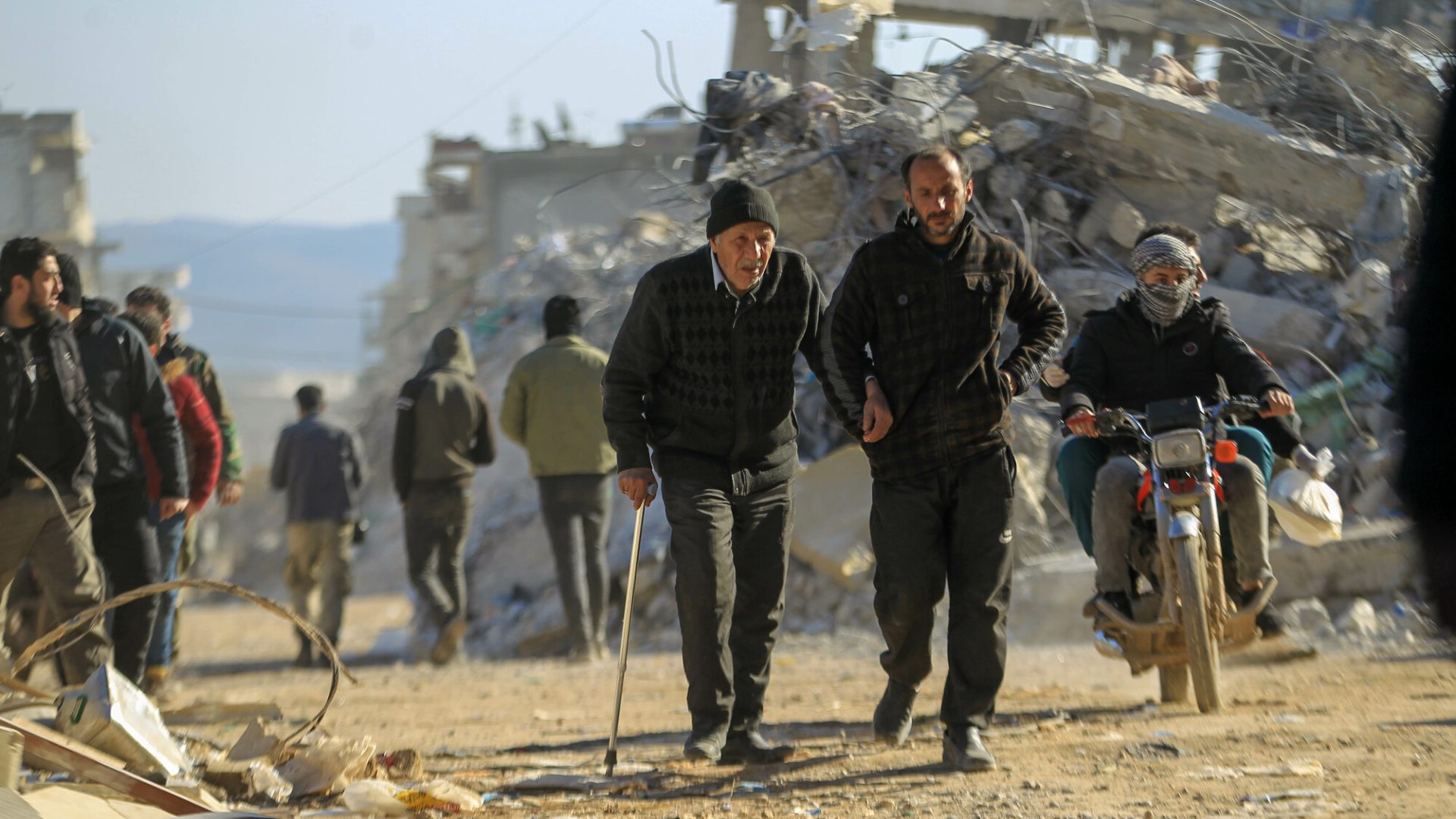A new report looks at the changing roles of older people in north-west Syria after 13 years of conflict and the devastation caused by the 2023 earthquake.
- Deteriorating economic conditions have left many older people struggling to find dignified work, forcing them to sell their assets to meet their basic needs.
- 59% of older people in north-west Syria perceive a decrease in respect and appreciation within their communities.
- Exclusion from the workforce leaves older people marginalised, diminishing their mental health and fostering a sense of futility.
- Older people with disabilities struggle to earn respect or recognition.
Challenges and self-reliance of older people in north-west Syria
The report published by HelpAge International and Action for Humanity explores how harsh life has become for older people in north-west Syria after 13 years of conflict and the February 2023 earthquake. The report sheds light on how a rapidly shifting socio-economic landscape and transformation in societal norms have fundamentally changed the dynamics of care for older people in the region.
Nearly 417,000 older people are classified as the most ‘at-risk’ group in north-west Syria, especially those living in poverty and providing care to other household members. Deprived of essential services as a result of the upheaval faced in the region, they are becoming increasingly marginalised and struggling to cope with insufficient social protection infrastructure.
Shift in norms around caregiving and support for older people
Since the beginning of the conflict, older people in north-west Syria have experienced a significant shift in societal norms, characterised by a transition from traditional family care for older people, to a reliance on self-care or assistance in retirement homes. This change has led to distress, especially as it sometimes coincides with younger family members superseding leadership roles within the family structure.

